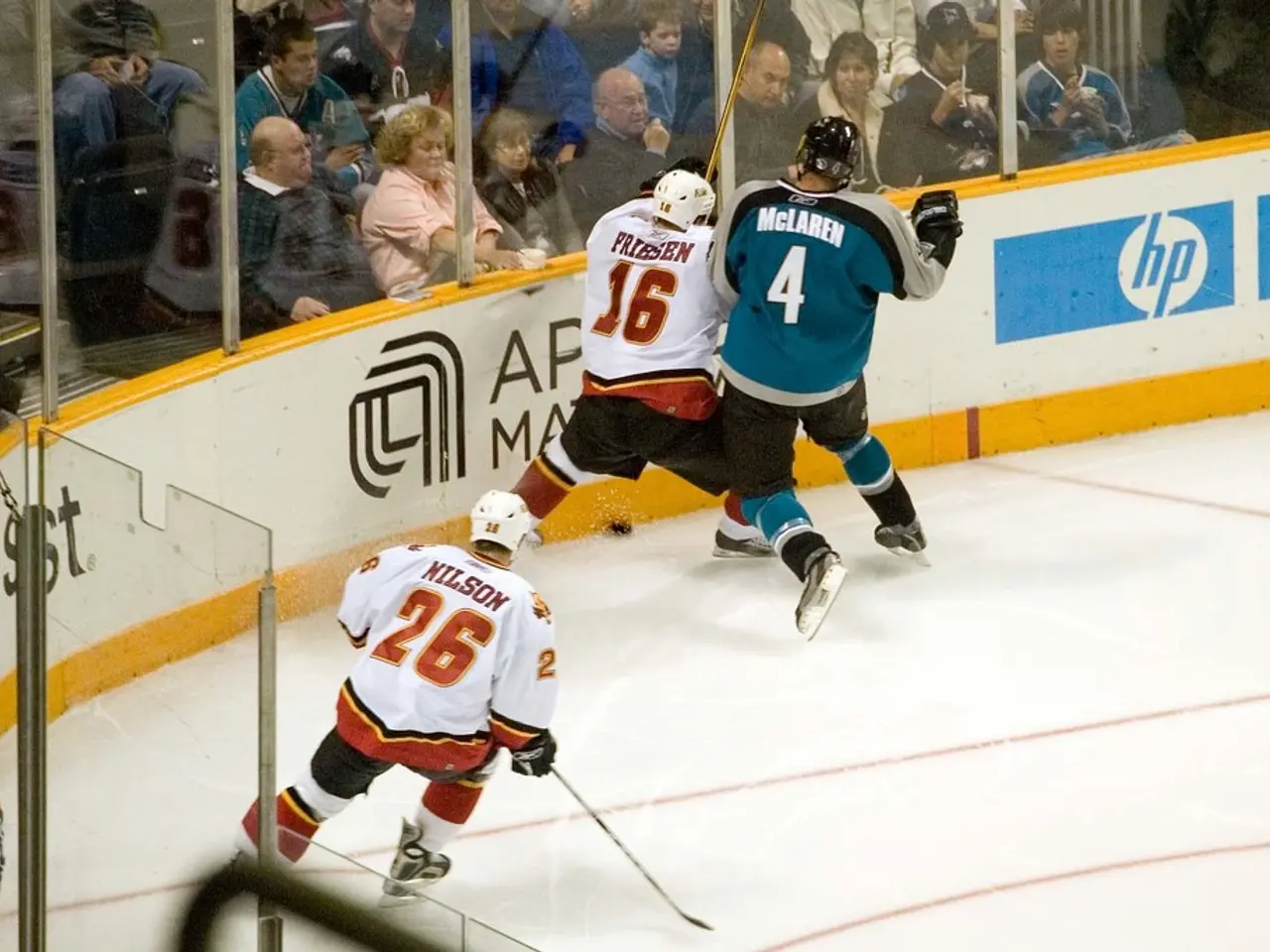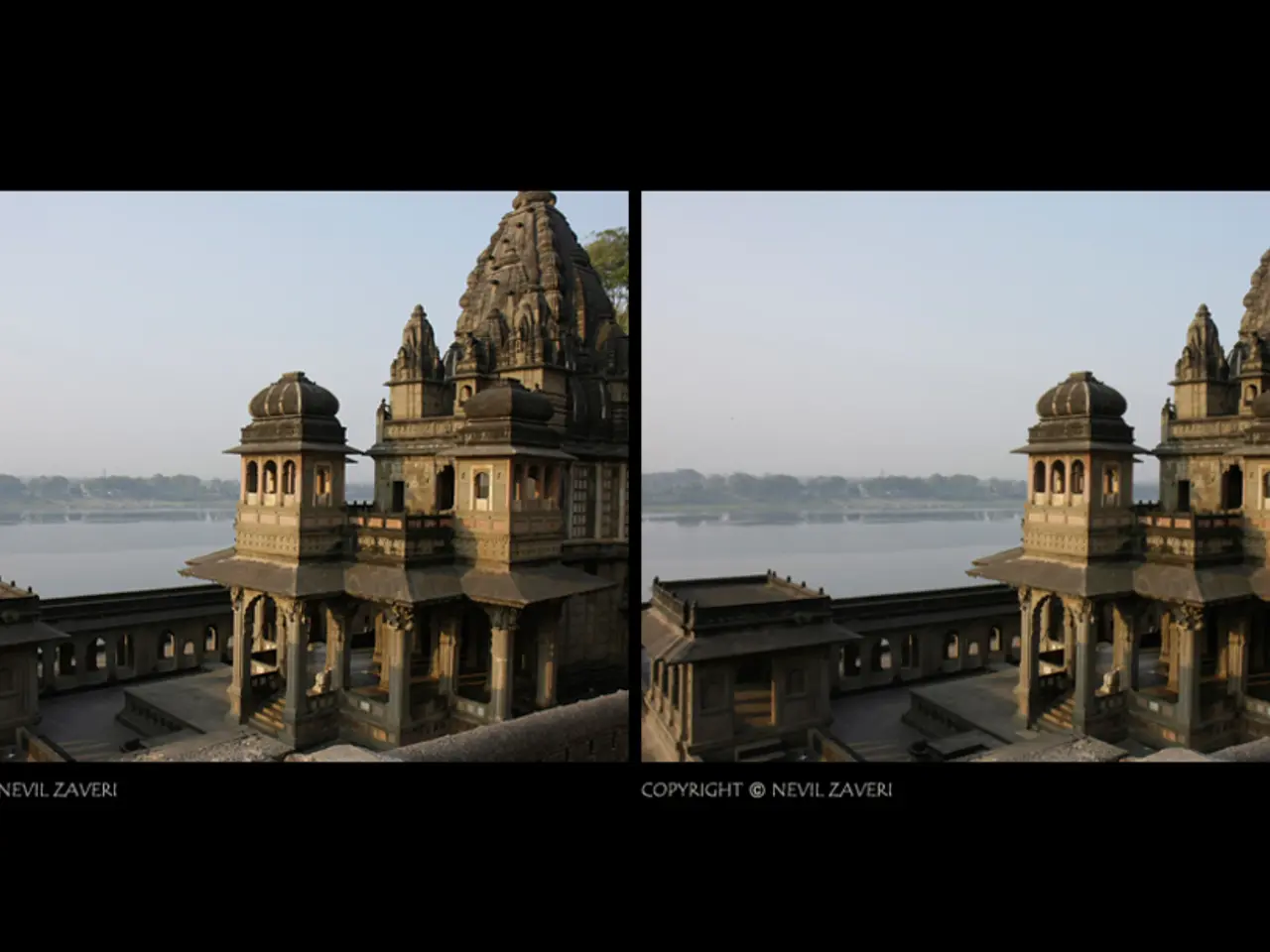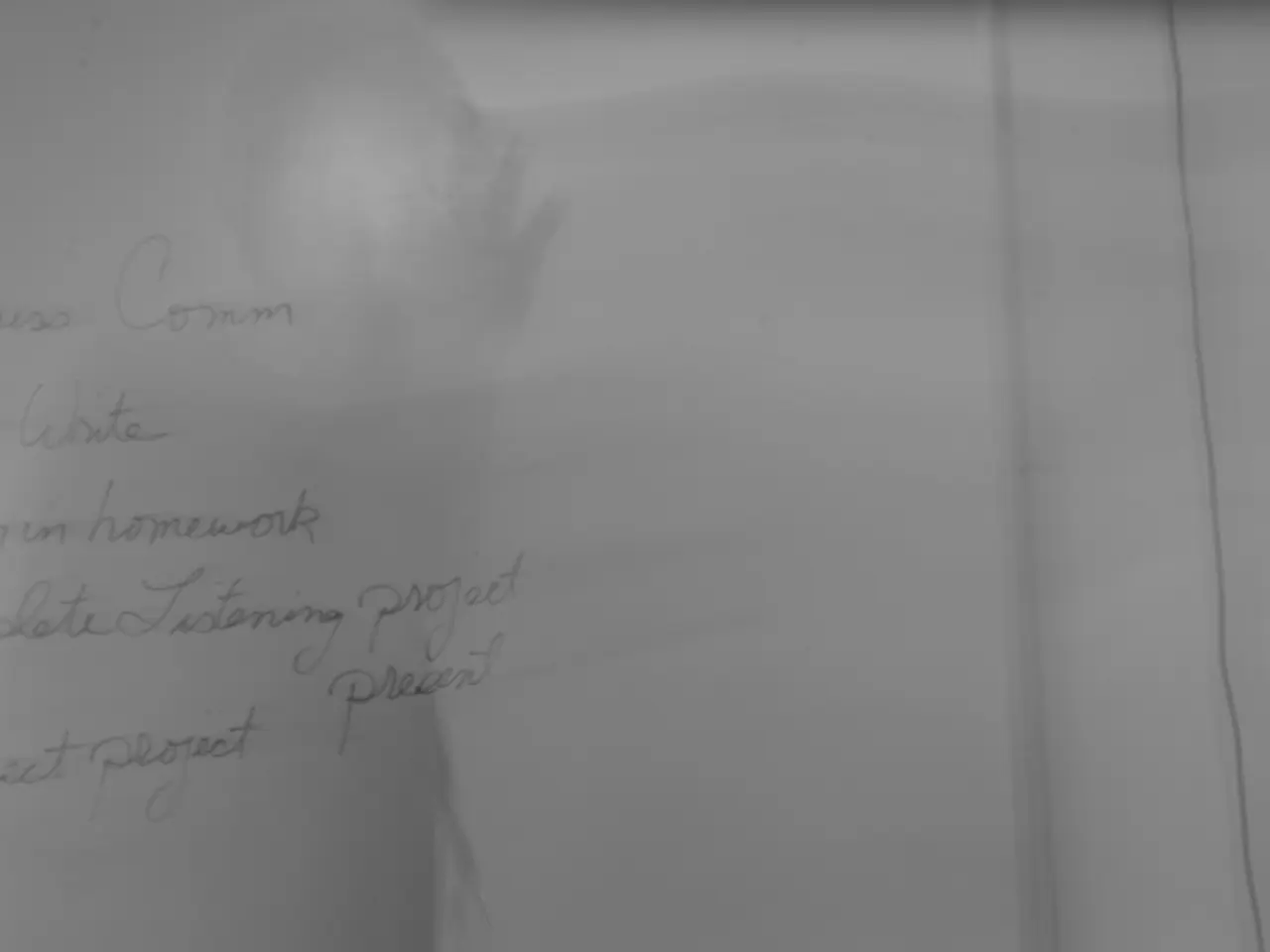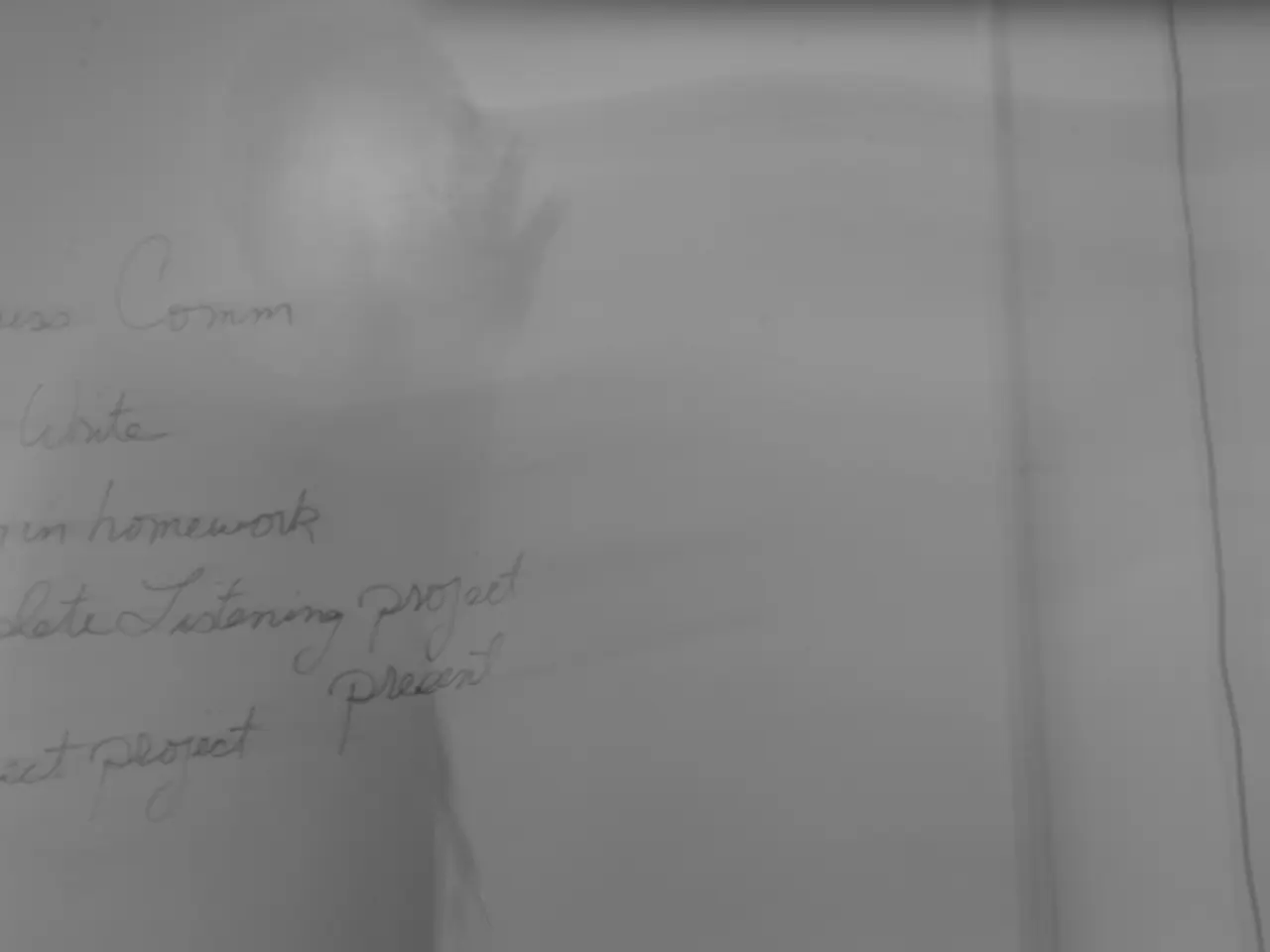Permission granted to the claimants by the UK Court of Appeal to challenge the judgment on damages in the Granville LCD cartel case.
In the landmark case of Granville v LG, a significant cartel damages claim, the legal community is eagerly awaiting the outcome of an appeal that promises to provide crucial guidance on the evaluation of econometric models for estimating overcharge and the application of the direct and proximate causative link test for pass-on.
The case, one of the first few full trials and judgments in a cartel damages claim, has drawn attention due to its complexities and the contentious points it raises. The appeal, granted on issues of overcharge and downstream pass-on, argues that the judge made significant errors in his reasoning.
The legal team from our firm, led by partner Andrew Bartlett, is representing the claimants in this case. The claimants, UK computer manufacturers and sellers, suffered losses as a result of a price-fixing cartel relating to liquid crystal display (LCD) computer screens.
At the heart of the appeal is a dispute over the approach to assessing damages. The claimants argue that the judge erred by referring to the need to "err on the side of under-compensation," and that he failed to take into account the lack of robustness of the defendants' regression model, which was sensitive to reasonable adjustments to its specification.
The claimants also contend that the judge's overcharge estimates were implausible, considering the known cartel price increases. In particular, the claimants' appeal in respect of overcharge focuses on the judge's preference for a regression model that did not account for price persistence in LCD panel prices.
The appeal on downstream pass-on is based on the argument that the judge did not apply the correct legal test, requiring a "direct and proximate causative link" between the overcharge and the prices the claimants charged to customers. The claimants' prices were significantly impacted by psychological price points and they had a strong financial incentive to maintain sales volumes, irrespective of profit margin.
In a previous ruling, Lord Philips found it "troubling" that the judge left an incorrect statement in the body of the judgment, leading to the granting of permission to appeal on the ground of overcharge. The judge in the Granville case, however, concluded that his conclusions as to the loss suffered would not have been altered by applying the correct "broad axe" test.
As of mid-2024, no recent public update or judgment on the appeal status has been found. For the most current, specific status, it is recommended to consult legal databases, official court records, or specialist legal commentary.
The judgment in the original case, dated 8 February 2024, found in favor of the claimants and determined that the cartel had caused the claimants losses of around £4.5 million. The court concluded that 65% of the overcharge had been passed on to the claimants' customers.
The outcome of the appeal in Granville v LG is expected to have far-reaching implications for competition litigation, offering valuable insights into the correct approach to evaluating econometric models for estimating overcharge and clarifying the application of the direct and proximate causative link test for pass-on.
In the ongoing appeal of Granville v LG, a significant cartel damages claim, the dispute resolution process revolves around the evaluation of econometric models for estimating overcharge and the application of the direct and proximate causative link test for pass-on, key aspects of competition law in the finance and business sectors within the industry. The legal team from our firm, representing the claimants, argues that errors were made in the original judgment, particularly in the approach to assessing damages and the method used for overcharge calculations, which has implications for future dispute resolution in similar cases.




